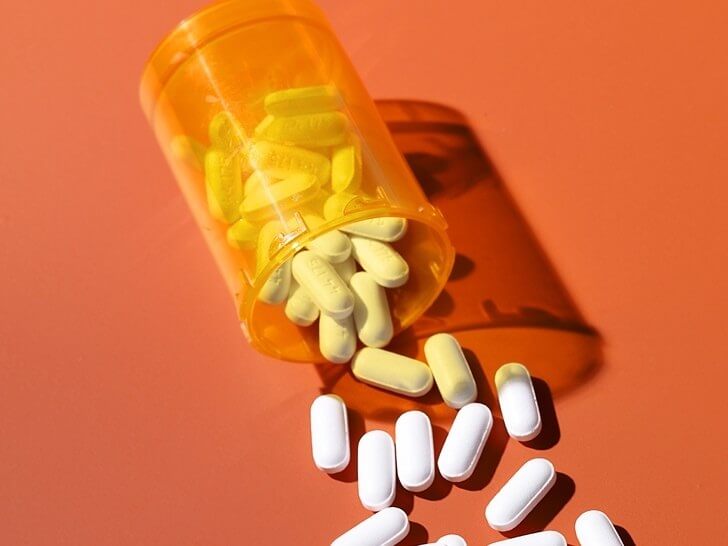
According to American Addiction Centers, over 2 million Americans struggle with addiction to prescription pain medicines each year. This statistic is alarming for society as a whole, but it may also give you reason to take pause on a personal level. If you’re facing an upcoming surgery or battling a recent injury, you could be one of the millions of Americans who will get a prescription for painkillers this year. If so, you may find yourself wondering if these pills will be a blessing or a curse. You may even wonder if you should take them at all. In most cases, the answer to this question is yes. Painkillers are an important medical tool, and many people take them without suffering an addiction. The key to avoiding addiction is to follow some important guidelines.
Don’t Skip Pills
If you’re concerned about developing an addiction to pain pills, it would seem logical to take as little of the drug as possible. As such, many people skip doses or wait until the pain gets intense before taking a pain pill. This approach often backfires, however. Pain gets harder to control as it gets increasingly intense. If you wait too long to take your medication, you may need more of it and be tempted to take a double dose. This behavior is understandable but risky. Self-medicating rather than following your doctor’s orders can be the first step on addiction’s path, so take your medication as prescribed. If your doctor tells you to take a pain pill every six hours, do so rather than skipping doses. This will keep you ahead of post-surgical pain and other temporary discomfort.
Don’t Take More
Just as skipping a dose of painkillers can backfire, so does taking too much medication. It’s tempting to reach for your pain medication a little early when you’re having a tough bout of pain. If your doctor has instructed you to take your medication every four hours, you may find yourself reaching for your pills in three, figuring it’s close enough. It’s not. As you continue to take painkillers, your body develops a tolerance for the medication. The more you take, the more you need. Over time, your body may become so used to functioning with the medication that it may struggle without it. Eventually, you’ll find yourself in more pain as your body essentially forgets how to handle even small amounts of pain without the medication. Avoid this problem by taking only the amount of medication your doctor has authorized. If it’s not enough to control your pain, talk to your doctor.
Don’t Keep Old Medicine
Unless you’re managing a chronic condition, your body will heal in a few weeks and you’ll no longer need your pain medication. When that happens, get rid of any leftover medicine you have. Take your pills to your local police station or pharmacy where they can be destroyed. Don’t just tuck your prescription bottle in the medicine cabinet and forget about it. If you do, you may be tempted to take some of your painkillers for another problem later, such as a headache or a backache. You may even tempt someone else. Many people who become addicted to painkillers steal them from friends and family members. Take your medication when you need it, but don’t keep it around the house when you don’t.
Addiction to painkillers is a common problem, but it’s one you can help yourself avoid by taking your medicine exactly as prescribed and keeping in close contact with your doctor. You can also help yourself by monitoring your behavior closely. Thinking about your painkillers often, running out sooner than you should and finding yourself seeing a few different doctors to keep your pain pill supply steady are all signs you may have a problem. If you find yourself doing these things or being secretive about how many pain pills you’re taking, talk to your doctor. He can help you manage your medicine so that it doesn’t manage you.






